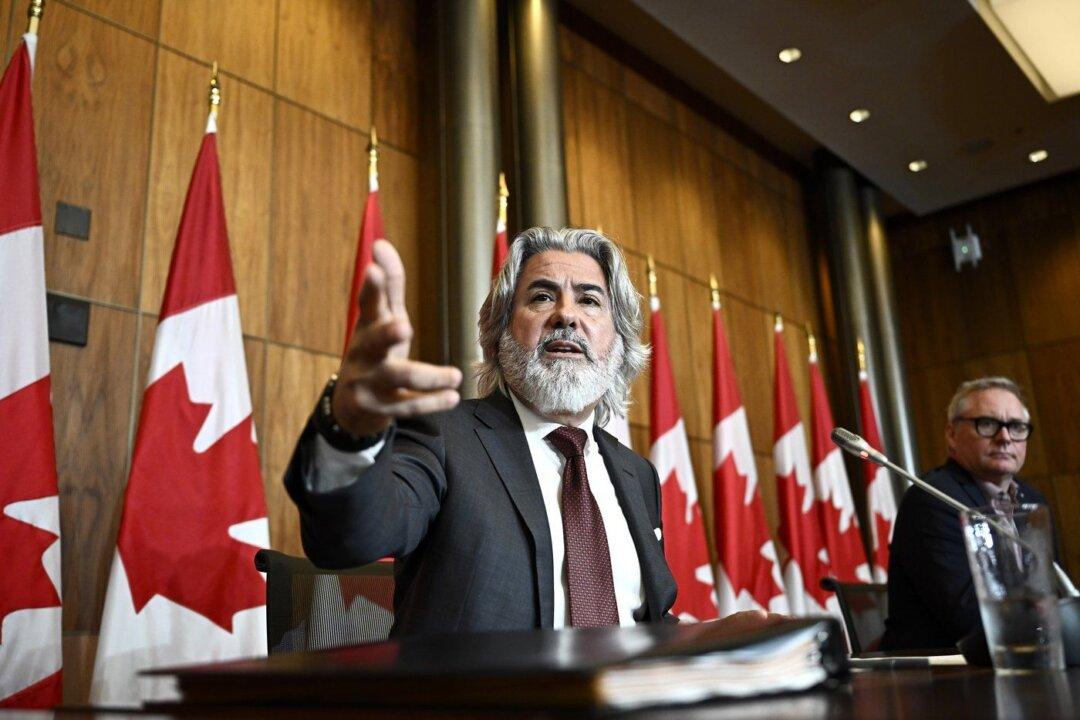Commentary
Canada’s attempts to play the tough guy took some laughable turns last weekend as those leading the fight couldn’t have made it more clear that politicians need Facebook a lot more than it needs politicians.

Canada’s attempts to play the tough guy took some laughable turns last weekend as those leading the fight couldn’t have made it more clear that politicians need Facebook a lot more than it needs politicians.